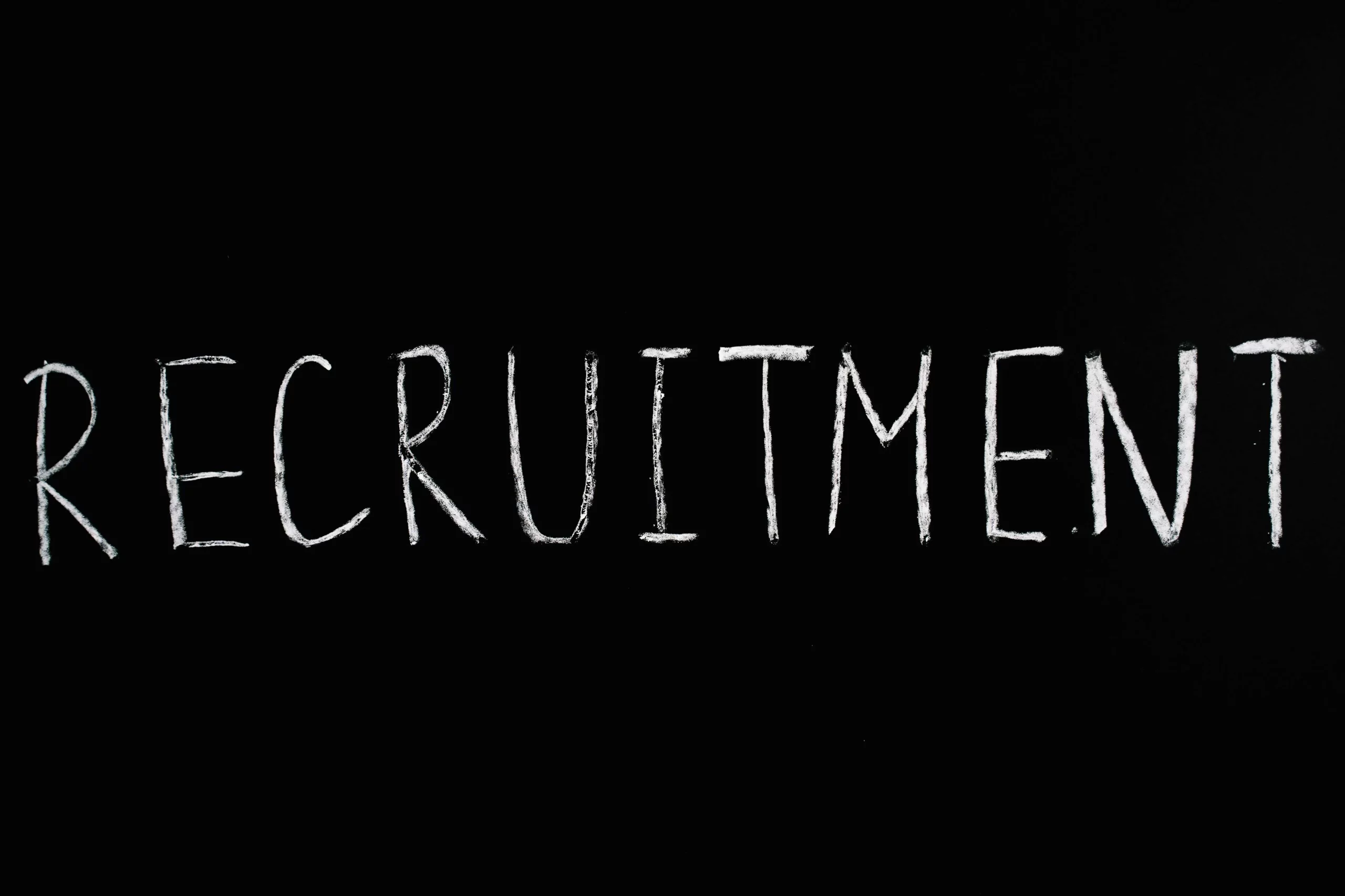
Make talent quality your leading analytic with skills-based hiring solution.

Blockchain technology is creating a global business ecosystem. The worldwide ledger (as Don Tapscott calls it) is projected to grow to $67.4 billion by 2026.
A blockchain architecture career needs expertise in cryptography, tokenomics framework, database architecture, and design to innovate solutions for building and supporting client systems and applications on distributed ledger platforms.
The immutability structure of blockchain is also strengthened by its architecture. It can be public, private, or even a consortium. Blockchain architects envision the enterprise infrastructure from a business perspective and lead the project through top-tier decisions.
There are exciting opportunities for Blockchain Architects due to the fierce demand in converging domains. That’s why our tech hiring guide has deciphered the secrets of making the best hire for your company. Have a great read.
A blockchain architect works with technology and R&D teams to design and develop solutions for leveraging cross-asset concepts and frameworks. The individual also establishes performance metrics to measure blockchain performance.
If you ask Alberto Cuesta Cañada, Co-Founder | Technical Lead @ Yield about his stint as a Blockchain Architect, he says,
“The role is a bridge between business and technology. You need to talk to the business side to understand their needs and discuss the same with the technology side to determine what’s possible. Then you need to come up with proposals and iterate until there’s an acceptable solution for both parties. At the final stage of implementation, you should modify the idea to diffuse the challenges and arrive at a consensus.”
The best thing about this career is that you don’t only code or develop the system but also consider business perspectives. For example, blockchain architects are in high demand in the financial industry as they need software solutions for cryptocurrencies and also for record-keeping, and digital notary.
A nerdy blockchain Architect will have 90% of the code completed with a normal technology stack, and minimal complexity in smart contracts. A hiring manager’s dream indeed!
The U.S.Bureau of Labor Statistics predicts the job outlook for Blockchain Architects at 22% between 2020 and 2030.
As per Glassdoor estimates, the national average for a Blockchain Architect salary in the USA is $1,10,014 per year, with an added compensation between $2,212 – $4,17,107
Glider’s recruitment platform is built on the mission, of “competency over credentials”. This way, you can make the most of the hiring assessments through a structured and data-driven candidate-evaluation process.
Access 2,000 pre-built assessments covering over 500 skills with 250,000 questions, all validated by 2,000 SMEs including this for the Blockchain Architect role
Go ahead and spotlight your Blockchain Architect with Glider AI today!
You can always write to us at info@glider.ai to help you access the hiring resources

Introduction Technical roles are some of the hardest to fill. The process is a landmine of recruitment challenges. HR teams often find themselves under-resourced and struggling to find suitable talent, while engineers waste too much time interviewing candidates who don’t meet the necessary qualifications. Meanwhile, high-quality candidates get frustrated by slow and inefficient hiring processes and […]

What is QA and Testing? Quality Assurance (QA) and testing are integral processes in software development aimed at ensuring the reliability, functionality, and usability of applications. QA involves establishing standards and procedures to monitor and improve the software development lifecycle, focusing on preventing defects and identifying areas for optimization. It encompasses various activities such as […]

Whether hiring for an entry-level web developer position or a web architect, asking the right JavaScript coding questions lets you assess the candidate’s depth of knowledge in core JavaScript concepts, problem-solving skills, and understanding of modern JavaScript practices. More than identifying which people in your pool of applicants can answer technical questions, these JavaScript interview questions also reveal who […]